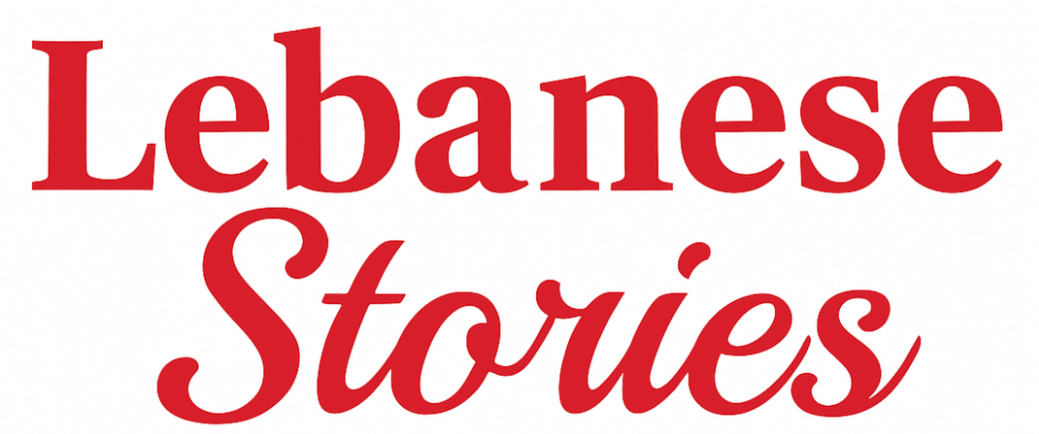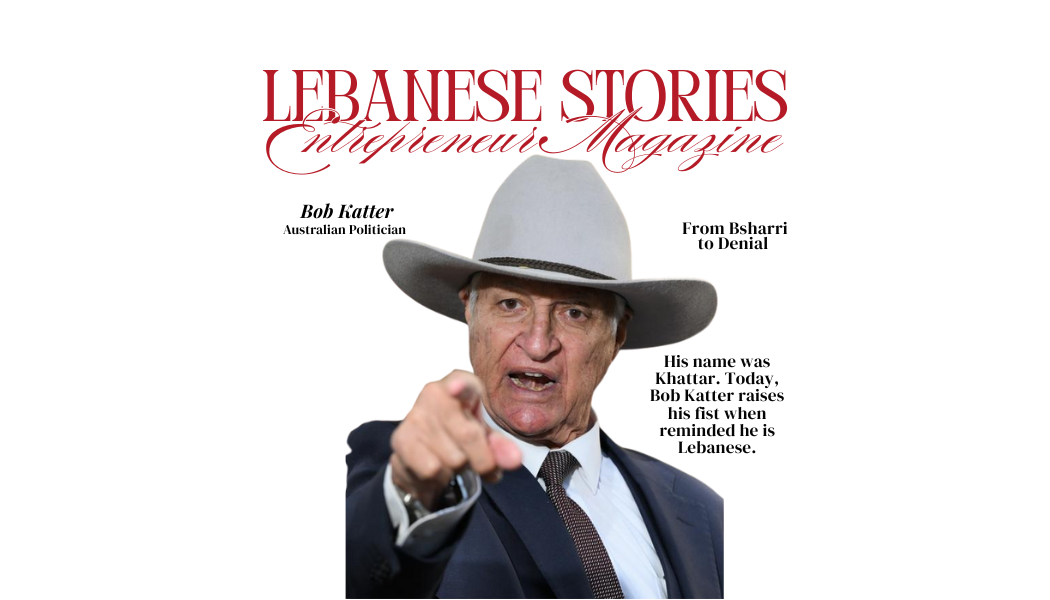A Heritage He Couldn’t Escape
When journalist Josh Bavas asked Australian MP Bob Katter about his Lebanese background, the response was not pride, but fury.
Katter—whose grandfather, Carlyle Assad Khattar (كارلايل أسعد خطّار), emigrated from Bsharri, Lebanon in 1898—erupted on camera, shaking his fist and warning:
“I’ve punched blokes in the mouth before for saying that. I’m in control today.”
The scene, now viral, revealed a man visibly angered by the very mention of his ancestry. Instead of embracing the multicultural story that defines so many Australians, Katter accused the journalist of racism and insisted his family had been “Australian for 140 years.”
The Lebanese Legacy Behind the Name
Despite his outburst, Bob Katter cannot rewrite history. His grandfather Carlyle Assad Khattar left northern Lebanon during the Ottoman era, like many Lebanese who sought opportunity abroad.
- Settling in Queensland, Khattar eventually naturalised in 1907, during a period when the “White Australia Policy” made acceptance of Middle Eastern migrants difficult.
- The family later anglicised their name from Khattar (خطّار) to Katter, a move common among migrants who wanted to avoid prejudice and blend into mainstream society.
This immigrant journey—struggle, adaptation, and survival—is at the core of the Katter family story, even if today its most famous descendant refuses to wear it proudly.
A Flashpoint of Denial
Bob Katter has built his political career on representing “authentic” rural Australia. Yet the press conference showed how deeply unsettled he becomes when reminded of his Lebanese bloodline. Instead of celebrating a heritage that connects him to one of the oldest diasporas in Australia, Katter responded with threats and anger.
Ironically, what he wanted to push away became the headline: the Lebanese man in Australian politics who couldn’t bear to hear the word “Lebanese.”

